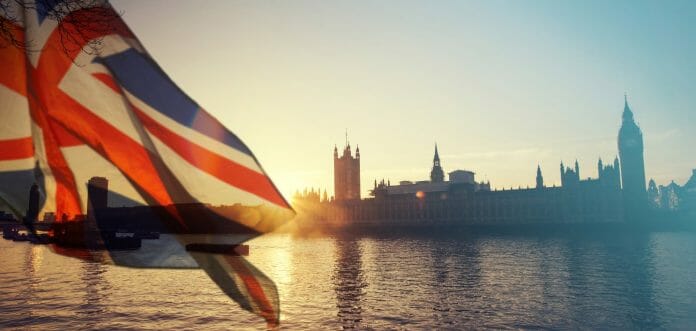Britain’s economy avoided recession after flatlining in the last three months of 2022, but finance minister Jeremy Hunt warned today it was “not out of the woods yet” over surging inflation.
Gross domestic product registered zero growth in the fourth quarter, in line with expectations after shrinking 0.3 per cent in the previous three months, the Office for National Statistics (ONS) said in a statement.
The economy expanded by 4.1 per cent last year overall, shrugging off decades-high inflation, after growth of 7.4 per cent in 2021, the ONS added.
Sky-high consumer prices have sparked a cost-of-living crisis and widespread industrial action across Britain.
“We are not out the woods yet, particularly when it comes to inflation,” Hunt said, but also noted that “our economy is more resilient than many feared”.
The technical definition of a recession is two straight quarters of negative growth.
The UK economy shrank by 0.5 per cent in December, but this was offset by growth in the prior two months.
“In December public services were hit by fewer (hospital) operations and … visits (to see doctors), partly due to the impact of strikes, as well as notably lower school attendance,” said ONS economic statistics director Darren Morgan.
“Meanwhile, the break in Premier League football for the World Cup and postal strikes also caused a slowdown.”
Inflation ‘persistence’
Bank of England governor Andrew Bailey expressed concern yesterday over persistent high inflation even if the rate of price increases shows signs of cooling.
The remarks to a cross-party committee of MPs boosted the pound on raised expectations of more hikes to British interest rates, analysts said.
“We are concerned about persistence (of high inflation). This is why we (again) raised interest rates,” Bailey told the Treasury Committee.
At its most recent regular monetary policy meeting a week ago, the BoE hiked its interest rate for a 10th time in a row as global authorities race to combat runaway inflation.
The central bank lifted UK borrowing costs by a half-point to four per cent, the highest level since late 2008, or height of the global financial crisis.
That ramped up mortgage and other loan repayments, weighing heavily on economic activity and worsening the cost-of-living crisis.
UK inflation slowed to 10.5 per cent in December — still around 40-year highs and more than five times the BoE’s official target-level of two per cent.
Central banks the world over are seeking to cool high energy and food prices, fuelled by Russia’s invasion of Ukraine one year ago, by hiking interest rates.
Sweden’s central bank yesterday announced a half-point rate increase to three per cent, the highest level since 2008.
The BoE had meanwhile predicted last week that the UK economy would shrink in every quarter this year.
“We suspect the drags from high inflation and high interest rates will trigger a recession this year,” cautioned Capital Economics analyst Paul Dales. — AFP









